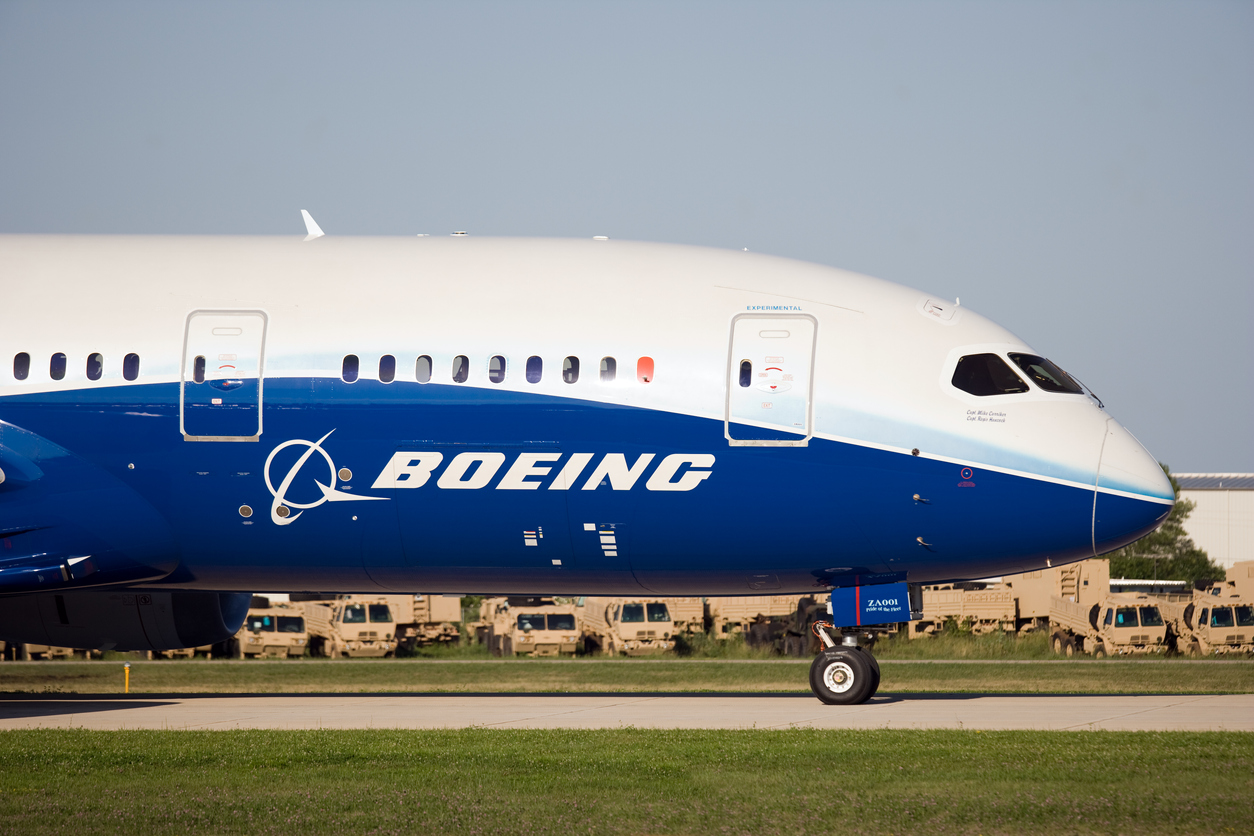The Scoop: Boeing’s reputation woes aren’t affecting airlines
Target launches a new membership program; Microsoft engineer warns about company’s AI tool.

Unless you’ve been firmly out of the loop, you’ve likely heard about the mishap involving a plane door flying off a Boeing aircraft and the massive ground stop of the Boeing 737 MAX9 aircraft that followed. As a corporation in the public eye, the implicit trust that airline customers place in Boeing to deliver them safely to their destination is of the highest importance. However, according to data collected by Morning Consult, that trust continues to wane for the Boeing brand.
But there’s another interesting wrinkle to this data set — it also revealed that customer confidence in airlines as a whole remains steady. In fact, it’s on the rise. The survey found that Boeing’s trust slide against growing confidence in the industry overall is notable since, before the incident, Boeing maintained a relatively high level of trust among passengers, particularly those in business and first class. But that high level of trust means more room for a precipitous fall.
Why it matters: When you’re in a business like air travel, trust is one of the main currencies. If people don’t trust your business, you’re going to face an uphill battle to grow the business and customer base. While air passengers aren’t the direct customers for Boeing, if they won’t fly on the company’s planes, the airlines will stop ordering them. For a known commodity like Boeing, this is a particularly tough rock to break. From a PR perspective, Boeing knows it has work to do to get airlines to continue getting airlines to purchase new planes. Sure, Boeing owned up to the shoddy work behind the door failure earlier this year. But earning back public trust after a crisis isn’t a one-time thing. It requires a consistent strategy and execution. Will Boeing earn back the public’s trust? Perhaps. But it isn’t going to happen overnight and without a concerted PR push.
Editor’s Top Picks:
- An engineer at Microsoft blew the whistle about the company’s AI tool, Copilot, claiming that it produces inappropriate content. According to a report from CNBC, Microsoft engineer Shane Jones decried the model’s safety and effectiveness. Some of the major issues with Copilot, according to Jones, include violent and sexualized images. “It was an eye-opening moment,” Jones, who continues to test the image generator, told CNBC in an interview. “It’s when I first realized, wow this is really not a safe model.” The world of AI is undoubtedly an exciting one, but when these sorts of hiccups happen along the way, organizations need to take heed and react in kind. With more and more organizations opting into AI in one way or another, this bears watching. Keep an eye on how Microsoft responds as well — the wheels of progress shouldn’t roll on regardless of safety.
- Move over Amazon Prime — popular retailer Target is rolling out a new subscription model. The new Target Circle 360 program will offer customers benefits including unlimited free same-day delivery for orders over $35 and free two-day shipping. The move comes amid slowing sales for the Minnesota-based retailer. The lesson? Don’t be afraid to shake things up a little bit to get people talking. Target has a loyal customer base, and sometimes a new incentive for shoppers is enough to get them back through the door. In addition to the subscription program, Target also committed to reimagining its store-branded merchandise and opening more stores over the next decade.
- When you think of Sesame Street’s Cookie Monster, your first thought probably isn’t anywhere close to economics. But in a recent post on X, (formerly known as Twitter) the beloved blue creature said, “Me hate shrinkflation! Me cookies are getting smaller.” Does this post have anything hard-hitting to say about the current economic situation? Of course not — it’s a post from a Sesame Street character. But the lesson here still sticks — sometimes having a known brand entity comment humorously helps make people more aware of your brand. We’re not proposing a nomination for the Nobel Prize in Economics for Cookie Monster just yet, but we will give props to the person behind his X account for staying on top of the news and getting the fuzzy blue monster into the public conversation, which included a writeup in the Washington Post and a response from the White House.






